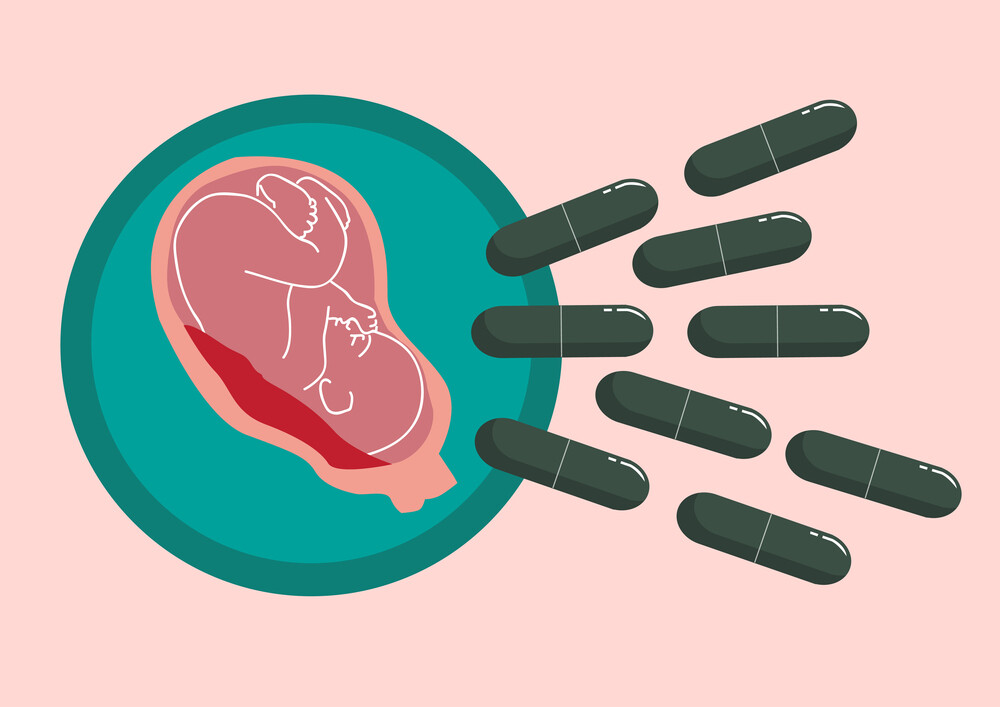Is it really sensible to eat the placenta after the birth? Scientists warn: neither the benefits nor the risks have been researched.
The placenta: A miracle cure?
Many mammals eat their placenta after the birth of their young. Of course, people have also acquired a taste for it: What’s good in nature can’t be bad for us human mothers.
According to the followers of “placentophagia”, eating the placenta after birth can work wonders. In the form of capsules, pills, globules, ground, boiled or freeze-dried: the hormones and nutrients contained in the placenta are supposed to boost milk production, ensure a strong immune system and a beautiful complexion, relieve pain, rejuvenate and prevent postpartum depression. The Freiburg-based Angel Pharmacy even advertises the fact that “the entire family can use the placental forces from which the child has eaten before birth to strengthen the organism and alleviate discomfort”. The placenta globules are also said to help with migraines and neurodermatitis.
There are no studies that prove the benefits
All nonsense? Scientists at Northwestern University in Chicago have reviewed all available articles on the topic and found that there is no evidence of any possible benefit. Only a single study in 1954 examined the effects of placental tasting. But this does not meet today’s scientific standards. The conclusion in the journal Archives of Women’s Mental Health is: “There are no studies that prove the benefit to humans.”
The risks are also unexplored
But it won’t hurt, some expectant mothers might think, who read the euphoric statements of Kardashian sister Kourtney on Twitter (“The pills are life changing!”). But the scientists warn of possible risks that have not been researched, and the benefits are as little known as they are. Although the placenta provides the unborn child with valuable nutrients, it also functions as a barrier that protects it from harmful substances and pathogens. Lead and mercury have already been found in placentas.
In addition, the researcher Cynthia Coyle, who participated in the study, criticizes: “There are no regulations on how the placenta is stored, prepared and dosed. The women do not know what they are eating.” The same applies to the newborn baby if it is breastfed. And even if our bitch eats the placenta after the birth of her babies, we don’t eat everything else that she likes so much.

